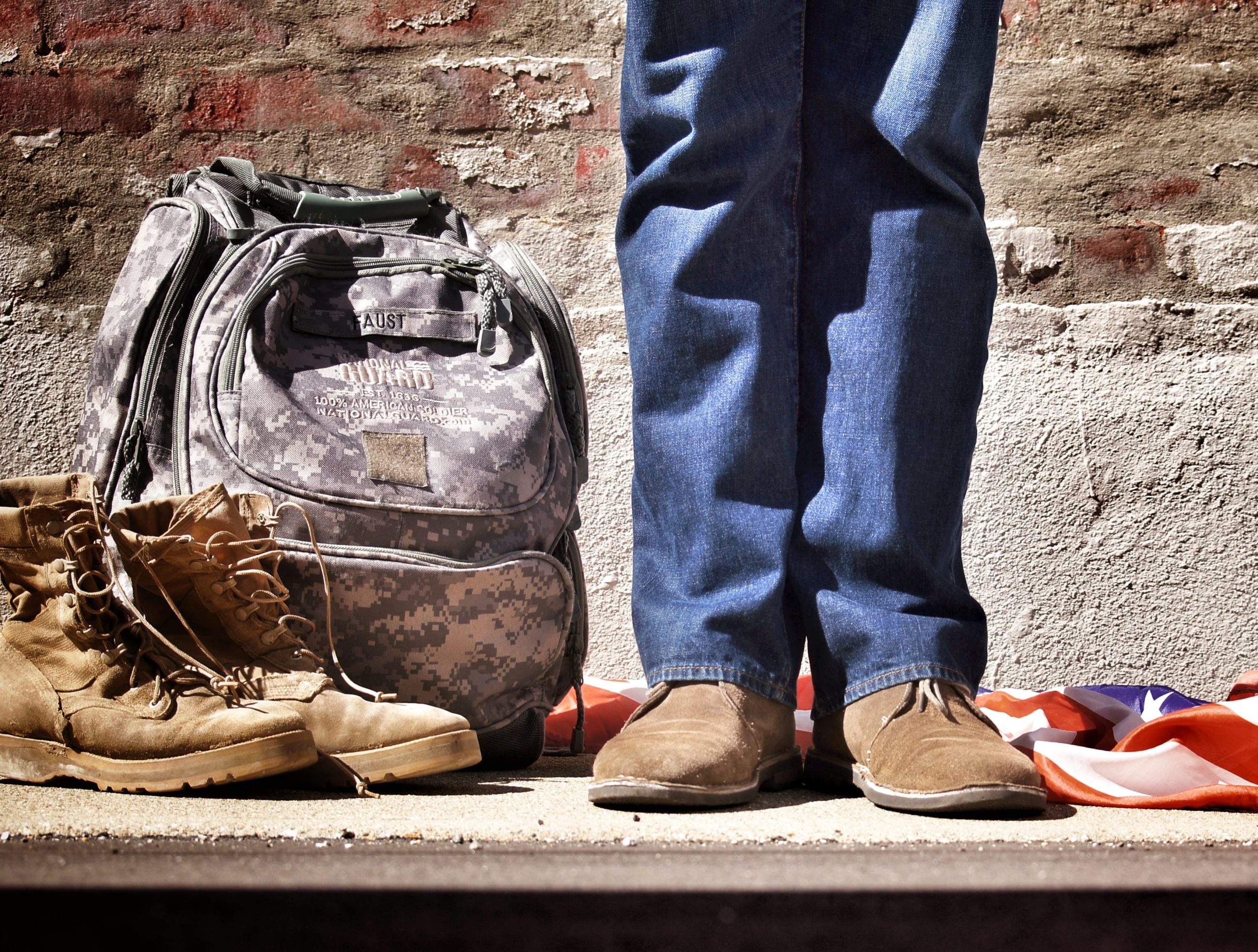The Hero on a Pedestal?
American culture tends to either place veterans on a pedestal or pathologize them. Civilians leading care efforts for veterans do not fully understand the lived experience of service, nor what military separation is like. This can create emotional gaps between veterans, civilian loved ones, and advocates and strengthen bonds among those who have served. Civilians do not have great insight into the lived veteran experience, making it difficult to connect with them meaningfully. Distances between these cultures can worsen when the veteran is viewed as “broken,” creating barriers for those struggling to seek care.
The Emotionality of War
Combat veterans are further distanced from the civilian world by lingering war experiences. It is hard to imagine what war is like if you are far removed from it. Mythologies American society creates about war do not help. They offer confusing messages that both elevate and at the same time, pathologize them. This leaves many feeling disconnected from a society in which they are no longer entirely a part of when they return “home.”
Pathologizing Veterans
Much of what is said about veterans pathologizes their experiences in ways possibly detrimental to the health of those who have served. This comes from the lack of understanding of what motivates some of the veteran experience. Sebastian Junger wrote some time ago about a key aspect of veteran culture, especially for those who have been through combat.
“Home is Less Comfortable than Where they Come from”
Junger explains in an NPR interview, “”I think one of the unacknowledged things that is really complicated for these guys is that they get home out of this hell hole and they find that, actually, home is less comfortable than where they’d come from. These guys get back to civilian society and suddenly the relations they have with those around them, those relations are not solid. They’re open to ambiguity and interpretation. And they kind of long for the dangerous security of the bond that happens in a small outpost that’s under attack almost every day.”
War’s Shadow
It is difficult for civilian care providers to understand how people can long for war, but also the difficulties separation from military service can lead to. The truth is that war is a fundamental part of being human. We vilify war as much as we celebrate and participate in it. The veteran experience, as a reminder of our collective roles in war, can make us uncomfortable as a reminder of humanity’s active engagement with its perpetuation. Thus, it is easy for us to push our veterans out of our conscious existence as a “problem” to be dealt with by massive government institutions like the Veterans Administration.
Specialized Care
As mental health practitioners in community settings, we are often on our own front lines of engagement with veterans who struggle with connecting to us. There needs to be better ways of incorporating the nuances of veteran culture into our care practices. This looks like professional counselors who specialize in this population, or more veteran-informed interventions. Veterans are a culture placed on the outside of conventional American society, which is a tangible experience for them. There are often connections between those who have served that civilian life cannot provide. Here at the Imago Center, we have therapists who specialize in veteran and military-related issues, as well as support and therapy groups starting up to tend to the specific needs of the community.
For more information about therapy or groups for veterans, reach out to Natalie Baker .

